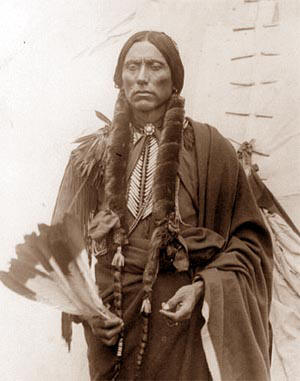Writing in The American Conservative, Brian Doherty argues that libertarians are more open to insights gleaned from literature than conservatives are. That’s an interesting topic, but not one I’m interested to discuss here. This insight, at the end of Doherty’s piece, is worth quoting for a reason I’ll explain in a second:
Gregory Wolfe is a man of letters from a right-wing movement background who now edits the literary journal Image. He reminds us that however difficult crafting a culture that will influence society in salubrious directions may be, it’s still vital to try. “Political battles are shaped by the stories we tell, the symbols that are the most living and vibrant in experience,” he says. And if a novel can help people imagine and feel the vitality of personal responsibility, for example, “when people end up debating tax policy, what their understanding of human nature is and how that understanding was nurtured brings them to talk about it in certain ways.”
Conservatism is no longer about a subtle and coherent understanding of the human soul, but about running the modern state and winning influence for that purpose. Governance ought to require a great deal of refined moral imagination. But those most obsessed with gaining power are least likely to have a sense of humane width or even to understand its importance. [Emphasis mine — RD.] That’s the sort of irony about which any number of nuanced and enriching works of literature could be written.
Let me restate the key line: But those most obsessed with gaining power are least likely to have a sense of humane width or even to understand its importance. This is precisely why I have been so disturbed by the gay magazine violating a confidential self-help group to out a closeted Lutheran pastor who had said anti-gay things. (Read my initial comments, and the long comments thread that followed.) Readers defending the act have said the pastor deserved it because he was a self-hating gay, and/or because by his public statements defending traditional Christian teaching against homosexuality, he was impeding justice and progress for gays. Therefore, he had no right to be treated humanely. Extremism in defense of gay liberation is no vice.
I don’t know why any decent person would get involved in public life today. I really don’t.

